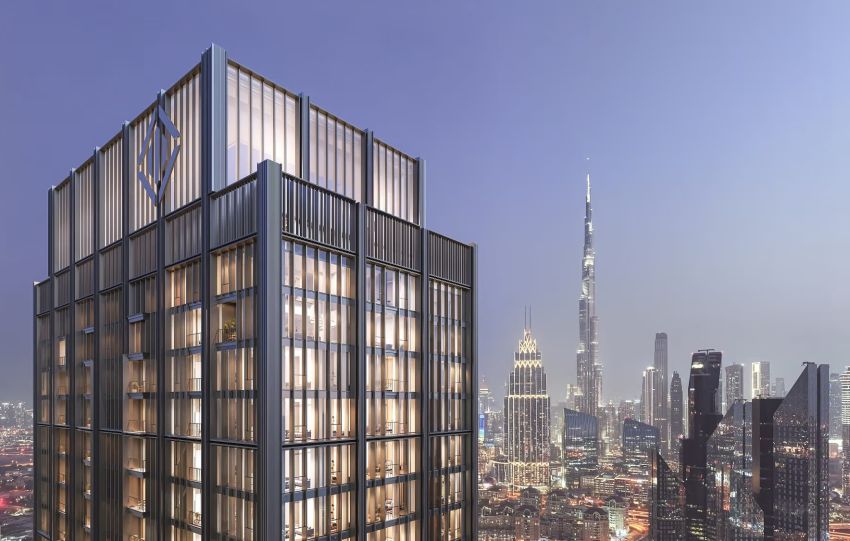Key Takeaways
- Fractional ownership allows investors to share the ownership of high-value assets, such as real estate, reducing individual financial burdens while offering legal protection through company structures.
- Dubai’s real estate market is booming, attracting investors through fractional ownership platforms like Stake and SmartCrowd, which allow people to invest smaller amounts across multiple properties.
- Platforms like Stake provide an accessible entry point into the property market, with a minimum investment of Dh500 and offering rental yields of about 5.7% net annually.
- Investors, like Tim Prins, benefit from rental income and property value appreciation without the need for large outlays or bank loans.
- Key discussion participants include Tim Prins, Rami Tabbara (Stake co-founder), Riz Ahmed (SmartCrowd CEO), and Scott Thiel (Tokeinvest CEO), who provide insights into the benefits and challenges of fractional ownership.
- Fractional ownership is described as a means to “democratize access to real estate” by reducing entry costs and allowing diversification.
- Dubai’s tokenisation initiative aims to convert real estate assets into digital tokens, potentially diminishing the need for SPV structures and streamlining fractional ownership.
The landscape of real estate investment is diversifying rapidly, with fractional ownership emerging as a game-changer, particularly in Dubai’s booming market. As innovative platforms make high-value asset ownership more accessible, investors worldwide are eyeing the benefits of shared investments. This comprehensive guide dives into the nuances of fractional ownership, the driving trends in Dubai, and the transformational potential of real estate tokenization.
In the dynamic world of real estate, adapting to new investment models is crucial for maximizing opportunities and mitigating risks. Fractional ownership stands out as a pivotal approach, allowing investors to engage in the property market with reduced financial pressure while accessing lucrative assets.
The Appeal of Fractional Ownership
What is Fractional Ownership?
Fractional ownership is an investment model where multiple investors collectively purchase a high-value asset, such as real estate, yachting, or aviation. This form of shared ownership reduces the burden of an exorbitant downpayment and offers legal protection through structured company frameworks.
- Accessibility: Investors can partake in property investment without the hefty financial commitment required for full ownership.
- Diversification: Platforms like Stake and SmartCrowd facilitate investment across multiple properties, offering a spread of risk and a variety of income sources.
- Profitability: With rental yields reaching up to 5.7% net annually, fractional ownership promises attractive returns, making real estate more appealing to small-scale investors.
Dubai’s Real Estate Market: A Thriving Hub
Dubai has emerged as a hotspot for fractional ownership due to its robust property development and investment-friendly environment. The city’s bustling market attracts global investors, eager to partake in its growth story.
- Innovative Platforms: Stake and SmartCrowd are making it easier for investors to dive into the market by offering low entry barriers and streamlined processes.
- Investor Success: The story of Tim Prins, a 28-year-old Netherlands national, exemplifies the success possible without the burdens of traditional property investment methods.
Key Insights and Opinions
Industry leaders provide valuable perspectives on this trend:
- Rami Tabbara, co-founder of Stake, highlights how fractional ownership offers a transparent and swift investment opportunity.
- Riz Ahmed, CEO of SmartCrowd, emphasizes democratization of property investment, allowing a broader audience to engage with lucrative real estate opportunities.
- Scott Thiel, CEO of Tokinvest, points out potential challenges around liquidity and market adjustments.
The Democratization of Real Estate
Fractional ownership represents more than just a financial opportunity—it embodies a shift towards inclusivity in real estate investment. By reducing entry costs and incorporating technology, companies are breaking traditional barriers to asset ownership.
- 💬 Accessibility to All: With the minimum investment set at Dh500, even individuals with limited funds can invest in high-value assets, promoting financial inclusivity.
- 📈 Strategic Diversification: Investors benefit from income through rental earnings and potential property value appreciation spread over multiple asset classes.
The Future: Tokenization in Real Estate
Dubai’s move towards real estate tokenization introduces a digital dimension to fractional ownership, simplifying transactions and potentially reducing operational costs.
- Tokenization Initiative: Initiated by Dubai’s regulatory bodies, tokenization promises to eliminate the need for SPVs and enhance liquidity in the real estate market.
- Future Outlook: Digital tokens could serve as collateral, making real estate investments more versatile and appealing to technologically savvy investors.
Fractional ownership is rewriting the rules of real estate investment, especially in markets like Dubai, where innovation thrives. As platforms and technologies evolve, the opportunities for investors to partake in high-value asset ownership have never been greater or more accessible.







